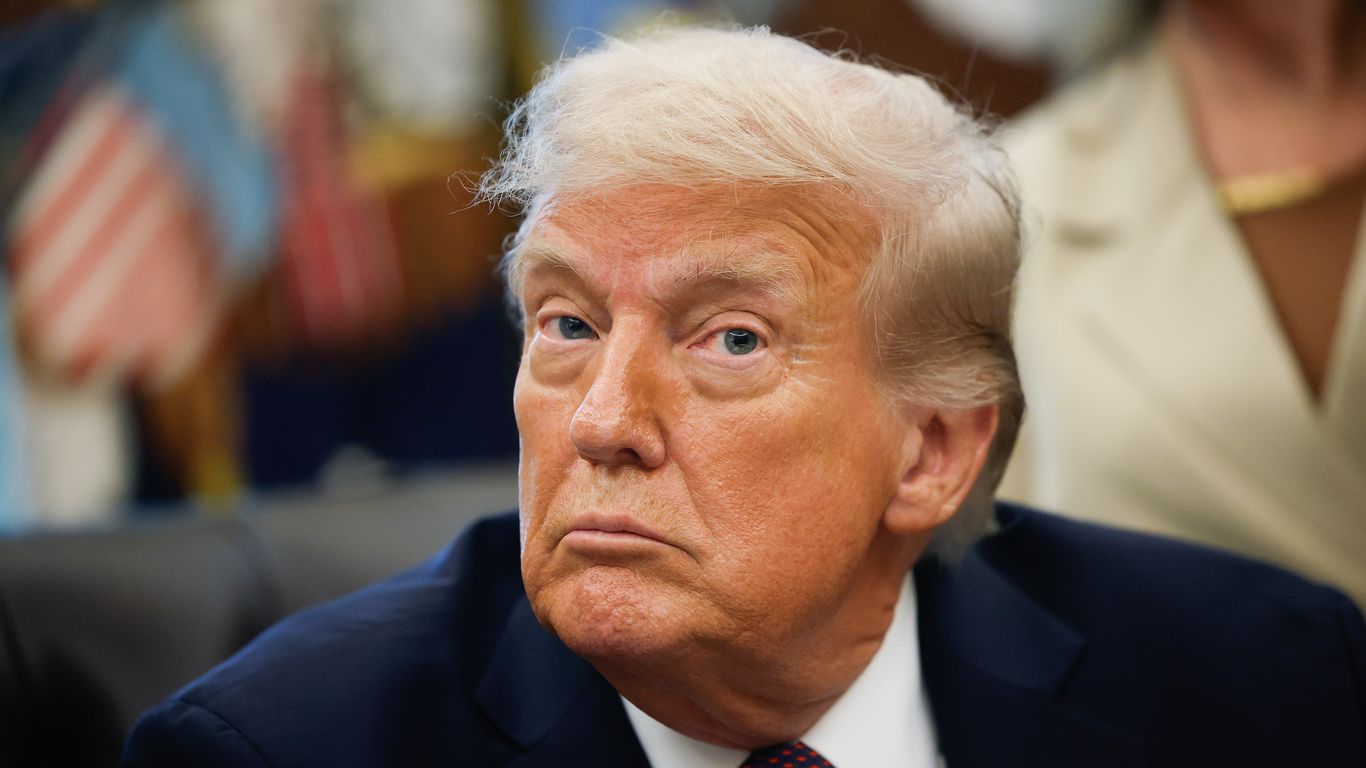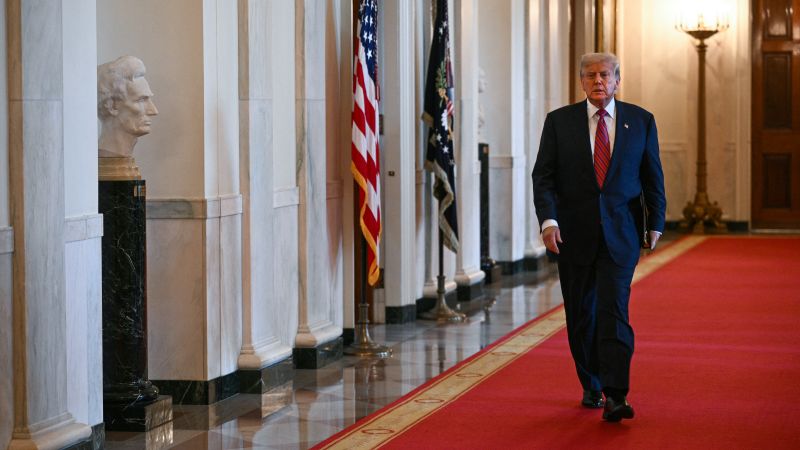The Power of the Media

Introduction
In a recent announcement, former President Donald Trump has declared his intention to sue the New York Times for a staggering $15 billion, citing defamation and libel. This lawsuit is just one in a series of legal actions taken by Trump against media companies, accusing them of spreading false or misleading coverage.
The Power of the Media
The media plays a crucial role in shaping public opinion and influencing political outcomes. With their extensive reach and powerful platforms, news outlets hold immense power and responsibility in their hands. However, with this power comes the potential for manipulation and bias, which can have severe consequences for individuals and organizations at the receiving end of false or misleading coverage.
The Impact of Defamation
Defamation, the act of damaging someone's reputation through false statements, can have far-reaching consequences. In Trump's case, he claims that the negative coverage from the New York Times has hurt his reputation and business dealings, leading to significant financial losses. While the media has a responsibility to report the truth, they must also be held accountable for their actions when they cross the line into defamation.
About the People Mentioned
Donald Trump
Donald John Trump, born June 14, 1946, in Queens, New York, is an American businessman, media personality, and politician. He graduated from the University of Pennsylvania’s Wharton School in 1968 with a degree in economics. In 1971, he took over his family’s real estate business, renaming it the Trump Organization, through which he expanded into building and managing skyscrapers, hotels, casinos, and golf courses. Trump gained widespread fame as the host of the reality TV show *The Apprentice* from 2004 to 2015, which helped establish his public persona as a successful entrepreneur. Trump entered politics as a Republican and was elected the 45th president of the United States, serving from 2017 to 2021. His presidency was marked by significant policy actions including tax cuts, deregulation, the appointment of three Supreme Court justices, renegotiation of trade agreements (notably replacing NAFTA with the USMCA), and a focus on immigration control including border wall expansion. He withdrew the U.S. from international agreements such as the Paris Climate Accord and the Iran nuclear deal, and engaged in a trade war with China. His administration’s response to the COVID-19 pandemic was criticized for downplaying the virus’s severity. Trump was impeached twice by the House of Representatives—first in 2019 for abuse of power and obstruction, and again in 2021 for incitement of insurrection—but was acquitted by the Senate both times. After losing the 2020 election to Joe Biden, Trump challenged the results, culminating in the January 6, 2021, Capitol riot. He remains a central figure in American politics, having won the 2024 presidential election and returned as the 47th president in 2025, continuing to promote policies aimed at economic growth, border security, and military strength[1][2][3][4].
About the Organizations Mentioned
New York Times
The New York Times Company (NYTC), founded in 1851 by Henry Jarvis Raymond and George Jones, is a leading American media company renowned for its flagship newspaper, *The New York Times* (NYT), and a diverse portfolio of media assets including regional newspapers, television, radio stations, and digital platforms[1][2][3]. The NYT was established with a commitment to objective, restrained journalism, contrasting the sensational "yellow journalism" of its era, and quickly became a respected voice for accurate reporting and investigative journalism[1][4]. Throughout its history, NYTC has expanded both its traditional print presence and digital reach. It operates major newspapers such as *The Boston Globe* and the *International New York Times* (formerly the International Herald Tribune), which it acquired sole ownership of in 2003[1][2]. The company has also diversified into broadcasting, cable networks, and digital information services, with strategic acquisitions like About.com in 2005 and Baseline StudioSystems in 2006, bolstering its digital content offerings[2]. The New York Times has a prestigious legacy, having won 112 Pulitzer Prizes—more than any other news organization—and is widely regarded as a national "newspaper of record"[5]. Its motto, "All the News That's Fit to Print," reflects its editorial mission, now adapted online as "All the News That's Fit to Click," highlighting its digital transformation[5]. By 2025, the NYT had nearly 11 million digital subscribers, a testament to its successful shift from print to digital media revenue, despite industry challenges in monetizing digital advertising[4][5]. The company remains publicly traded, with the Sulzberger family maintaining a controlling influence on its board and leadership, continuing a long tradition of family stewardship since 1896[3][5]. Today, The New York Times Company continues to set standards in journalism and media innovation, blending deep investigative reporting with lifestyle and technology content to engage

















